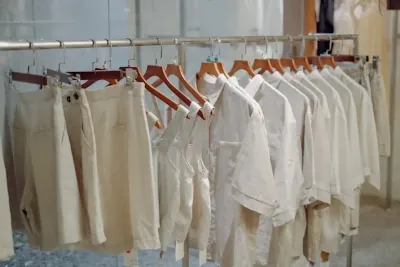Who Made My Clothes? A Guide to Ethical Production
Published on September 5, 2025

Published on September 5, 2025

We use cookies to enhance your experience and analyze site traffic. By clicking "Accept," you consent to our use of cookies. Read our Cookie Policy.